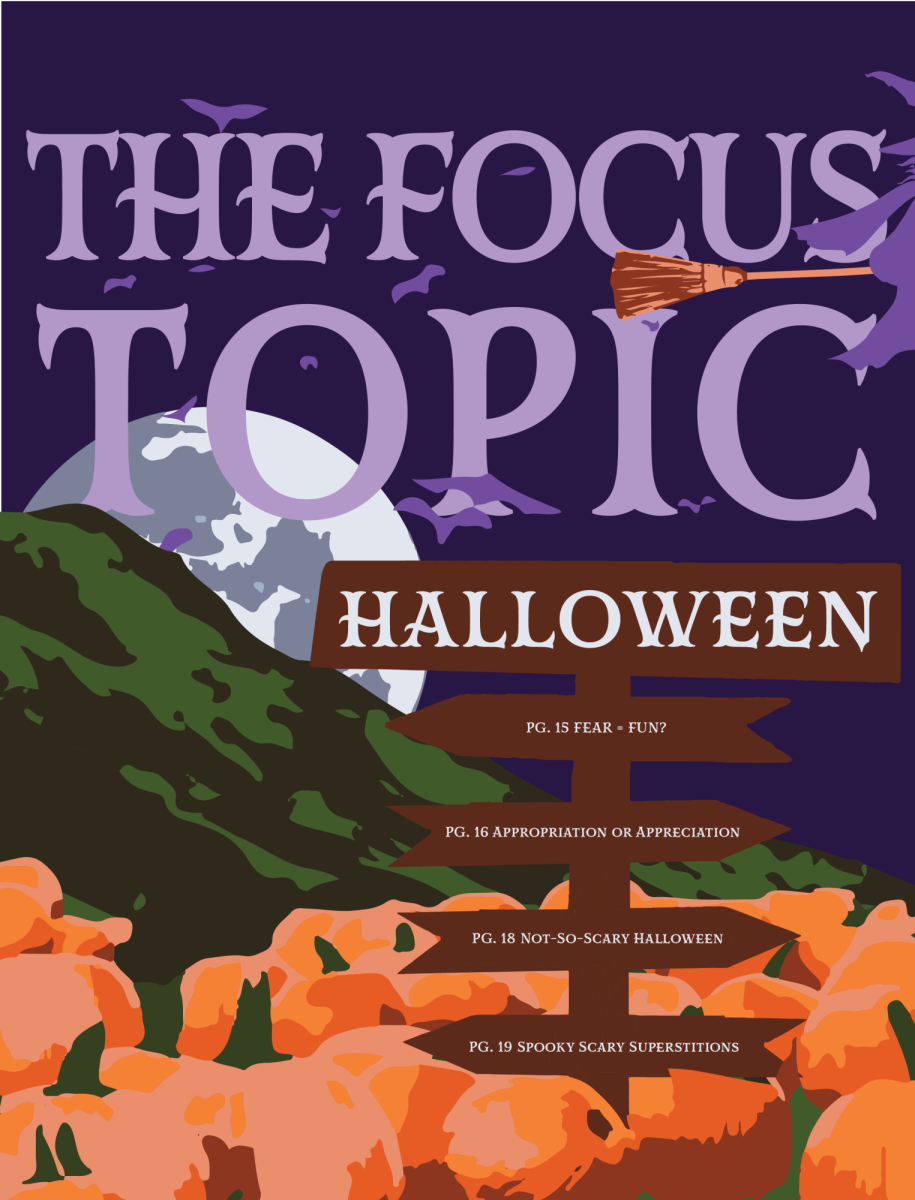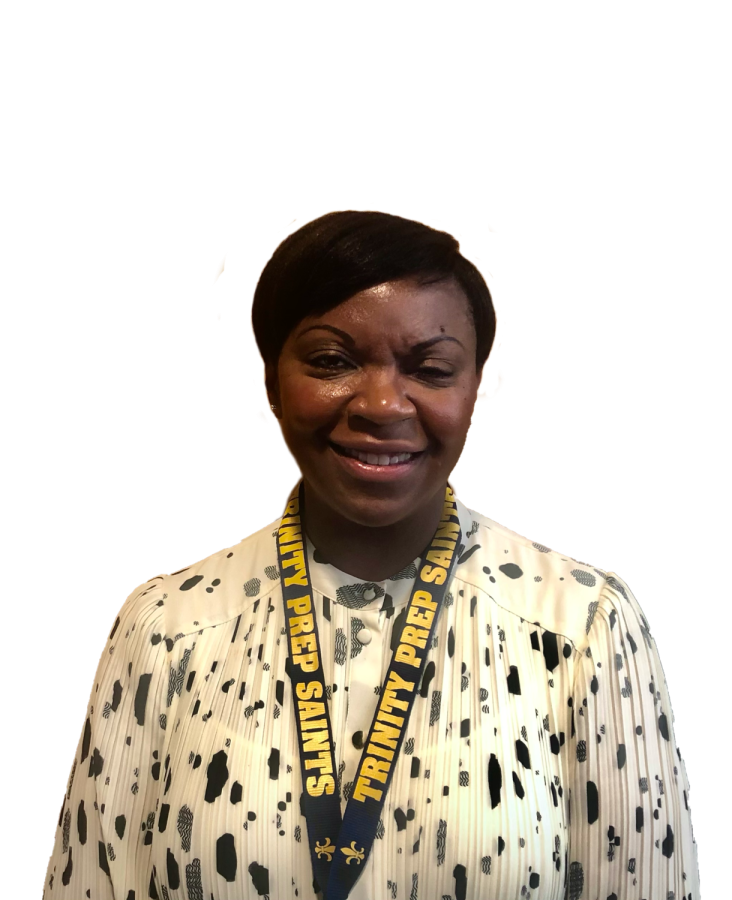Trinity Prep alumnus Varun Bhatia stares up at his lights in bewilderment. Just moments before, the electricity cut off with no warning, casting him and his apartment into darkness. The cause was not a thunderstorm, but a mistake on Bhatia’s part.
“I remember once when I first moved into Berkeley, in my apartment, I didn’t even know that I had to pay a recurring PG&E electricity bill because the lights were on,” Bhatia said. “I thought ‘oh okay, I guess we just get free electricity.’ I think, after 8 months, the electricity shut down.”
Graduating seniors are often told that the transition to college is synonymous with the transition to adulthood. Yet, as Bhatia’s experience illustrates, this is not always the case. In the United States, a citizen is eligible to vote, to be drafted and to sign legally binding contracts on their eighteenth birthday. However, 18 year olds are still unable to rent cars at most rental agencies and are below the legal drinking age of 21. These varying age restrictions make adulthood difficult to define.
“You tend to see adult behaviors more often when you have frontal lobe development which is going to be in your mid to late twenties depending on gender and depending on genetics,” guidance counselor Rylan Smith said. “Once people are past the early twenties and they start to find occupations … [that’s] when you start to see people having more adult-like behaviors.”
Eighth grader Gustavo Membreno said that he believes adulthood to be a state of both increased freedom and responsibilities, and views college graduates as adults.
“My parents are a pretty good example of adults,” Membreno said. “They figured it out. They have a place to live, a job, kids.”
Tangible milestones like those mentioned by Membreno are commonly cited as signs of adulthood. In a 2019 survey of 2,000 Americans aged 16-51 conducted by OnePoll and Farm Rich, the top three indicators of adulthood were maintaining a financial budget, buying a house and filing taxes. Yet, Smith said that emotional maturity also plays a big part.
“Being an adult is more than an age,” Smith said. “[Adults] are not just reacting anymore; [they] are actually looking at pros and cons and taking responsibility for those decisions right or wrong.”
Bhatia agrees that both emotional maturity and the ability to apply knowledge to a personal career path are necessary. According to Bhatia, one fundamental milestone on the road to adulthood is failure and learning to overcome it.
“You’re not always going to be at the top,” Bhatia said. “Because college is much more difficult than high school and your career is probably going to be a little more difficult than what you experience in college, … you need to understand in a difficult situation, you may fail the first few times. But, [consider] what kind of learning experience can you have from those failures that you can apply to the experience that you have later on to make sure that it is more successful.”
Many of these types of learning experiences which guide a person towards adulthood come with time. Yet, Smith said that a lot of emotional growth occurs through classroom interaction which was interrupted during the COVID-19 pandemic.
“I think students on one level have experienced a lesser degree of resiliency because as schools, we tended to be a little more forgiving and less stuck on deadlines [during the pandemic],” Smith said. “But, then in other ways, I look at you all and I think [that] there are actually places that you are more resilient because you recognize that certain things are out of your control.”
Every year (with the exception of the 2020-2021 academic year), the guidance counseling office sponsors the Senior Retreat, an overnight trip packed with outdoor activities and workshops designed to guide graduating seniors in the transition to college. This year, Senior Retreat took place from March 31-April 1.
“One of the things we wanted you to do on the retreat was think about where you want to go and what’s important to you,” Smith said. “[We wanted] to get you to think about [how] it’s more than just what your parents want for you, it’s what you want for you. … Who are you going to be next year and what are you going to put into place to make that happen?”
Graduating high school is only the first step towards adulthood and Smith said there are ways to grow and reflect individually.
“[You should] not be afraid to look yourself in the mirror … and own the decisions you make,” Smith said. “Recognize that your consequences are your consequences and not get caught up in the blame game where it becomes about everybody else. … Really own who you are.”
























